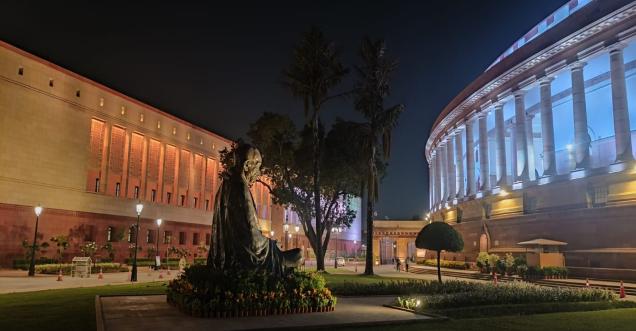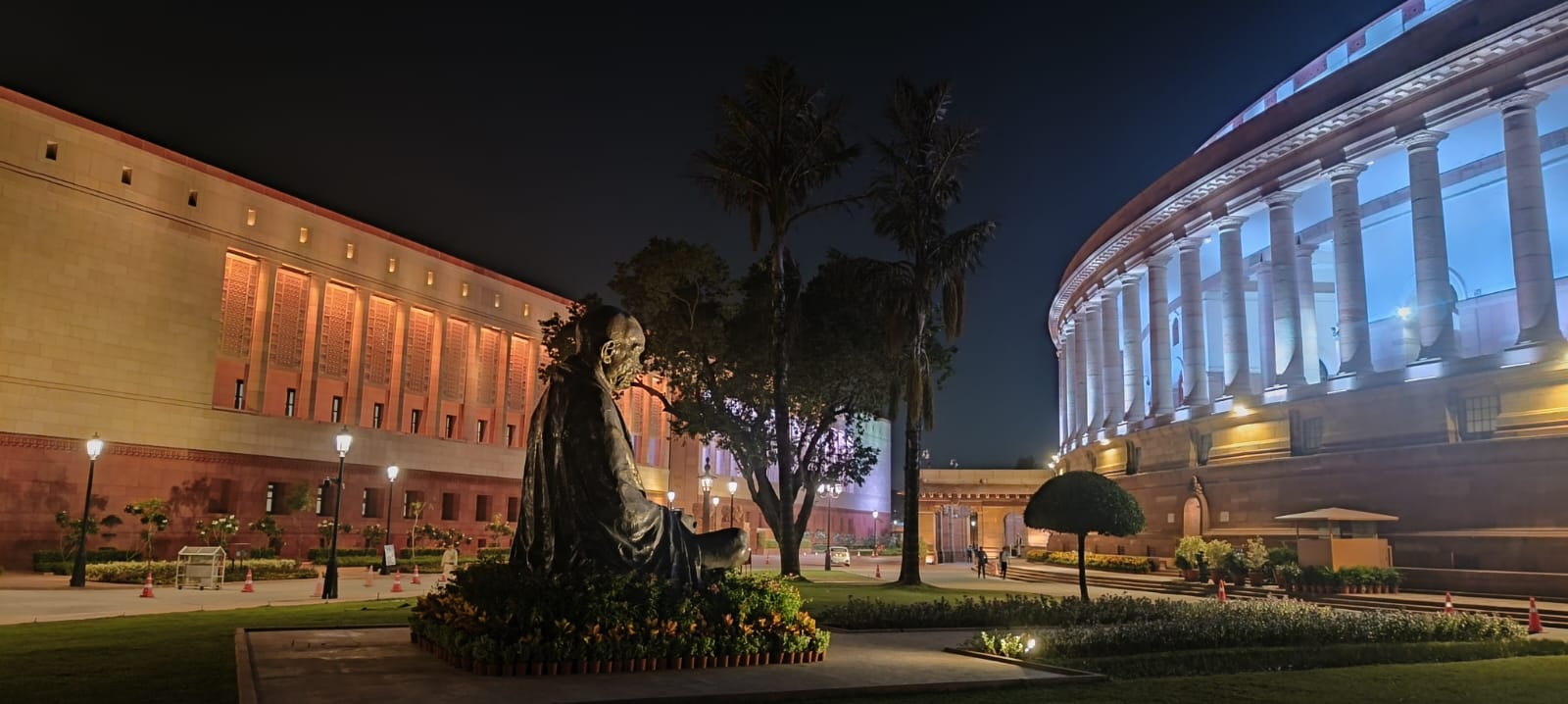
A single identity card for voters, The Good, bad, Ugly, OONE
One Nation, One Election (OONE) is a proposal to synchronize all elections in India from the national to the local level. The idea is to hold these elections simultaneously, on a single day or within a specific time frame.
The Centre will likely introduce the 'One Nation, One Election' Bill in the special session of Parliament called from September 18-22, media reports said on Thursday, August 31.

The OONE proposal has been advocated by the Bharatiya Janata Party (BJP)-led government as a way to save money and improve efficiency. The government estimates that the OONE would save the country billions of rupees yearly. Additionally, the OONE would make it easier for voters to participate in elections, as they would only have to vote once.
However, the OONE proposal has also been criticized by some political parties and election experts. They argue that the OONE would be too expensive and difficult to implement and could disenfranchise voters. Additionally, they say that the OONE would give too much power to the central government and could lead to a concentration of power.
The OONE proposal is still under debate, and whether it will be implemented shortly is unclear. However, it is a significant proposal that has the potential to change the way elections are conducted in India.
Here are some of the potential benefits of OONE:
· Cost savings: The OONE could save the country billions of rupees yearly by reducing the need for multiple sets of election infrastructure and staff.
· Increased voter turnout: The OONE could make it easier for voters to participate in elections by reducing the number of times they have to vote.
· Improved efficiency: The OONE could improve the efficiency of elections by streamlining the electoral process.
· Reduced corruption: The OONE could reduce corruption in elections by making it more difficult for politicians to buy votes.
Here are some of the potential drawbacks of OONE:
· Cost: The OONE would be costly, requiring new election infrastructure construction and additional staff.
· Complexity: The OONE would be a complex undertaking, requiring the coordination of multiple state and central government agencies.
· Disenfranchisement: The OONE could disenfranchise voters who cannot vote on the same day as the election, such as those working or travelling.
· Centralization: The OONE could give too much power to the central government, as it would be responsible for scheduling and conducting all elections.
Overall, the OONE is a complex proposal with potential benefits and drawbacks. Considering all these factors carefully before deciding whether to implement the OONE is essential.
Does "One Nation, One Poll" law will need the approval of states
The proposed changes to the law would allow states to opt out of holding elections on the same day as national elections. The changes would also allow states to hold elections for state and federal offices on different dates. A newly formed committee to see whether India could hold parliamentary and state assembly elections simultaneously will examine and recommend specific amendments to the Constitution, the Representation of the People Act and any other relevant rules.
Former President Ram Nath Kovind will be heading a nine-member committee to check whether the amendments to the Constitution would need ratification by the states, according to the government's gazette notification today. The members of the committee are Home Minister Amit Shah, Leader of Opposition in the Lok Sabha Adhir Ranjan Chowdhury, former 15th Finance Commission chairman NK Singh, former Rajya Sabha Leader of Opposition Ghulam Nabi Azad, former Lok Sabha Secretary General Subhash C Kashyap, senior advocate Harish Salve, and former Chief Vigilance Commissioner Sanjay Kothari.
Some legal experts argue that the changes to the "One Nation, One Poll" law would not need states' approval because they do not alter the basic structure of the electoral system. They argue that the changes are simply a matter of scheduling and that states can choose when to hold their elections.
A single electoral roll and identity card for voters valid for the national, state, civic body and panchayat elections will be explored, the government said in the notification.
The Supreme Court has not yet ruled on this issue, so it is unclear whether the proposed changes to the "One Nation, One Poll" law would need states' approval. The Supreme Court may take up this issue in the future.
Conducting polls simultaneously was the norm in India until 1967, and four elections were held this way. The practice stopped after some state assemblies were dissolved prematurely in 1968-69. The Lok Sabha was also, for the first time, dissolved a year ahead of schedule in 1970, and mid-term elections had been held in 1971.


















